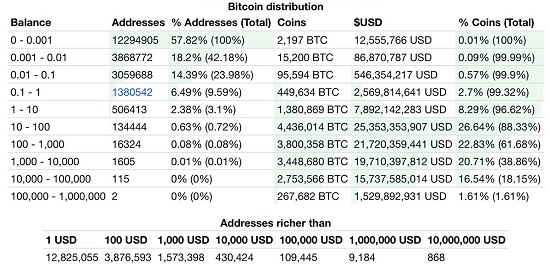Disrupting the automotive industry, blockchain pushes the boundaries of supply chain, data processing, support, and theft prevention
Lately, it seems that the automotive industry is going through a lot of changes and improvements; vehicles are becoming more “smarter”, manufacturers are embedding more sensors capable of executing various tasks from assessing post-crash injuries to tracking and disabling stolen vehicles. To top it all off, we are slowly but surely shifting towards the era of autonomous vehicles. It is estimated that by the end of 2025 more than 8 million ‘smartly developed’ cars will be en route while having higher levels of automation installed. It appears that the automotive industry is still tackling old challenges in terms of supply chain management and vehicle safety issues whilst new problems emerge which require cutting edge technical solutions.
In alliance with the automotive industry, blockchain provides unprecedented solutions to some of the most pressing obstacles, but also greater accountability and oversight into supply chain and vehicle data processing comprehension. From a business operating model, blockchain enhances the existing processes making them more efficient. Blockchain can be utilized solely; however it has a bigger impact if applied in unison with other technologies such as big data, IoT, and AI.
Extracting Vehicle-procured data
Smart cars are pushing the boundaries of autonomy by spawning various types of data that must be saved, share and ultimately sold. They can generate data up to 1GB per second which car manufacturers can later utilize and enhance the newer models. It is estimated that the market for monetizing car data will amount to $750 billion by the end of the 2030. Currently, the most modernized vehicles have vehicle-to-vehicle transponders, GPS systems, front and back cameras, onboard processors, etc. Letting 4k GBs worth of daily data exposed and unsecure for potential misuse is not an acceptable outcome.
Using state-of-the-art blockchain encryption, vehicle-derived data will remain secure, and drivers will always have an insight into who they are sharing their data with, but also bestow the users with more leverage in terms of consenting to how their data is used.
Source/More: Blockchain’s inevitable fusion with the automotive industry and their real-word use cases and…














